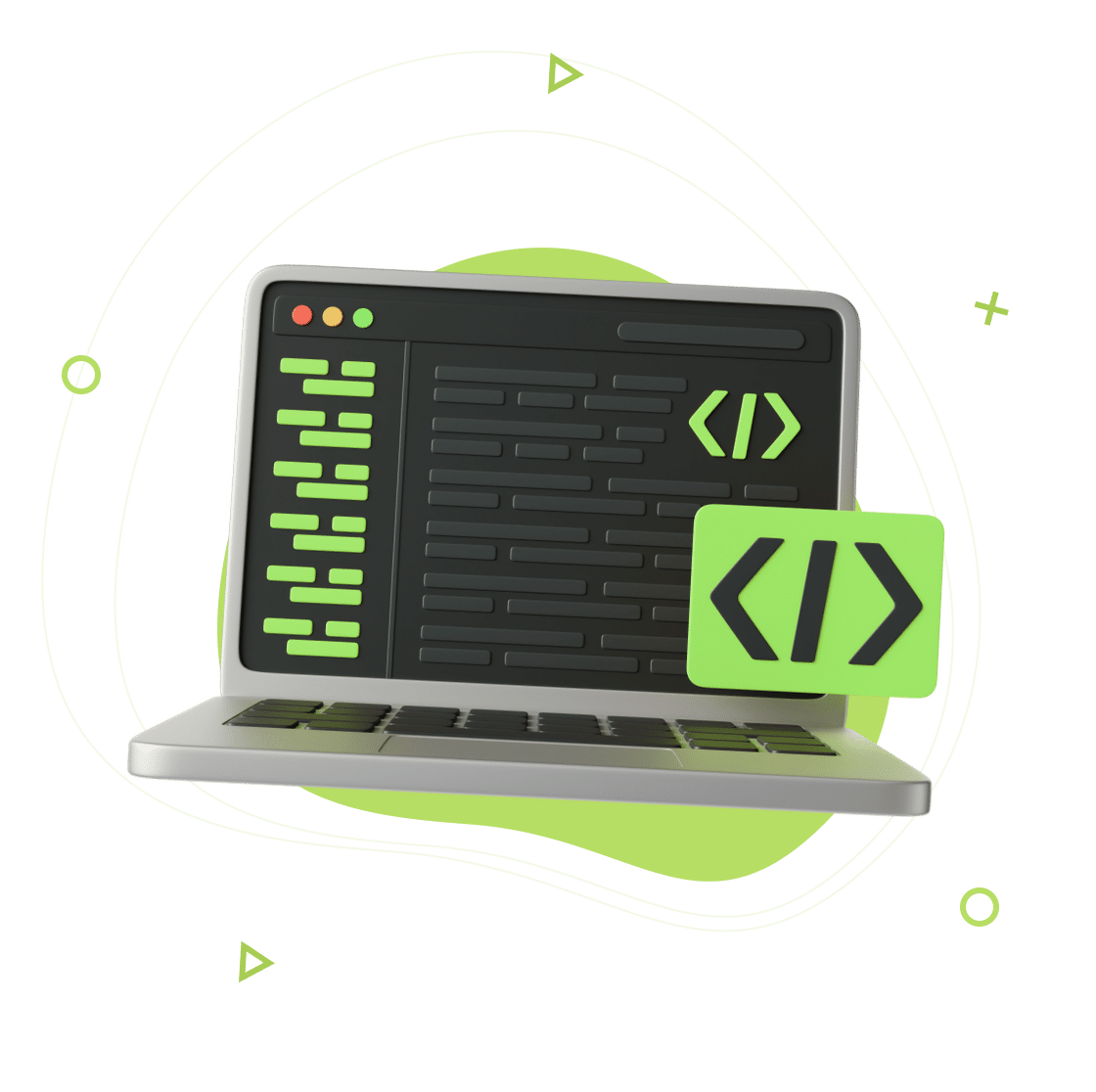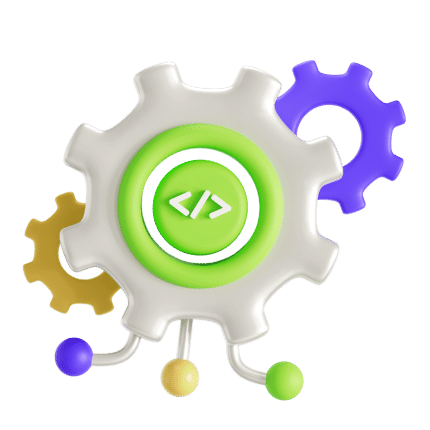-

Oles
Data Engineer
Collaborating with a Fortune 500 powerhouse has been a journey immersed in expertise. With the added distinction of a team member who contributed to Python's development, our partnership resonates with a depth of knowledge that harmonizes seamlessly with the client's vision, creating a fusion of innovation that propels us to new heights.

Celery: open-source library for Fortune 500 company
Celery is an Open-Source distributed system that offers simplicity, flexibility, and reliability for efficiently processing enormous volumes of messages. It equips operations with the essential tools to effectively maintain such a system. Designed with a focus on real-time processing, Celery serves as a task queue while also providing support for task scheduling. Celery operates under the BSD License, ensuring open collaboration and widespread accessibility.

Business context
Geniusee became instrumental in assisting a Fortune 500 company in enhancing and customizing the Celery open-source library. Facing stability issues in corporate products due to bugs, our customer sought a swift and reliable solution to address these challenges, as they were incurring substantial financial losses. By leveraging Celery's capabilities, Geniusee efficiently tailored the library to align with the specific needs of these companies, enabling them to achieve greater stability and cost-effective bug fixing, thereby enhancing the overall performance of their corporate software products.
Key challenges:
- Handling complex, older systems, providing a deep understanding of numerous dependencies.
- Reviving Legacy code, transforming outdated software into efficient and modern solutions.
- Ensuring support for various versions of Python, both older ones like 3.7 and newer ones like 3.10.
- Guarantee compatibility for different brokers and backends, such as RabbitMQ and Amazon SQS.
- Completely broken integration tests.

Work Approach
-

Scrum
Geniusee embraced the Scrum approach, fostering a collaborative and iterative development process. Through regular sprints and stand-up meetings, we kept the Fortune 500 company actively involved, ensuring alignment with project goals and priorities. By adopting Scrum, our team accelerated the delivery of customized solutions, maximized adaptability, and ensured that the evolving needs of the company were addressed promptly and effectively.
-

Legacy code
Within this cooperation, Geniusee employed a meticulous approach to work with the legacy codebase. We conducted a comprehensive code analysis, identifying potential pitfalls and dependencies and ensuring a seamless integration of new technologies. Through their expertise in refactoring and modernization, Geniusee revitalized the legacy codebase, unlocking its full potential and transforming it into a future-proof and high-performing solution for our client.
-

Customer-Centric Focus
We prioritized understanding the unique business needs and objectives of the Fortune 500 company, tailoring their solutions to deliver maximum value and meet specific requirements. Regular communication and feedback loops ensured that the project remained aligned with the company's evolving goals, leading to a collaborative and successful partnership.
-

Outstaffing
We provided the Fortune 500 company with access to dedicated, skilled professionals who have seamlessly integrated into the development workflow. This approach allowed the company to scale its development resources based on project needs, optimizing efficiency and cost-effectiveness. Our outstaffing model ensured efficient resource allocation, enabling benefits from Geniusee expertise and technical capabilities.
Process
Our client sought data engineering specialists with a profound grasp of Python. As they had a clear and well-structured vision, our collaboration unfolded in several carefully orchestrated steps.


Project Tech Stack
The project tech stack revolved around the powerful tool Python. The project's complexity was heightened by the need to support various Python versions, ranging from 3.7 to 3.10, despite the original code being written in Python 3.7. Geniusee leveraged Python innovations to build a robust and scalable solution, enabling seamless integration with existing systems and ensuring efficient development throughout the project lifecycle.
Technologies:

Geniusee team
With the invaluable contributions of Geniusee experts, we successfully fine-tuned the Clerely open-source library to align with our specific requirements. Their deep understanding of data engineering and rigorous testing guaranteed a reliable and efficient solution.
Product team
Development team
-
Data engineers
-
QA specialists
Features
-
Stamping API
By developing a Stamping API for the Celery-based system, we have provided a structured and accessible way for our client to interact with the system's capabilities. This API specifically enables developers to create, manage, and monitor task execution stamps within their corporate products. The Stamping API handles the automatic generation of unique identifiers for tasks, logs task progress, and tracks completion statuses. This ensures seamless integration with Celery, making it easier for in-house developers to efficiently utilize task queues, enhance workflow automation, and improve overall productivity.
-
Integration Tests
Since Celery is often used for asynchronous and distributed processing, integration tests are crucial to ensure that communication between our client's corporate application and Celery functions correctly. Initially, these integration tests were broken, leading to issues in task execution and system reliability. We stepped in to help fix these problems by thoroughly reviewing and updating the tests. Given the complexity that the system needs to work with different brokers and backends, we paid close attention to simulating real-world scenarios as closely as possible. This effort ensured that the integration between our client's corporate product and Celery is now robust and reliable.
Results
-

Streamlined corporate product testing through seamlessly integrated tests
-

40% boost in Fortune 500 company product debugging precision


















